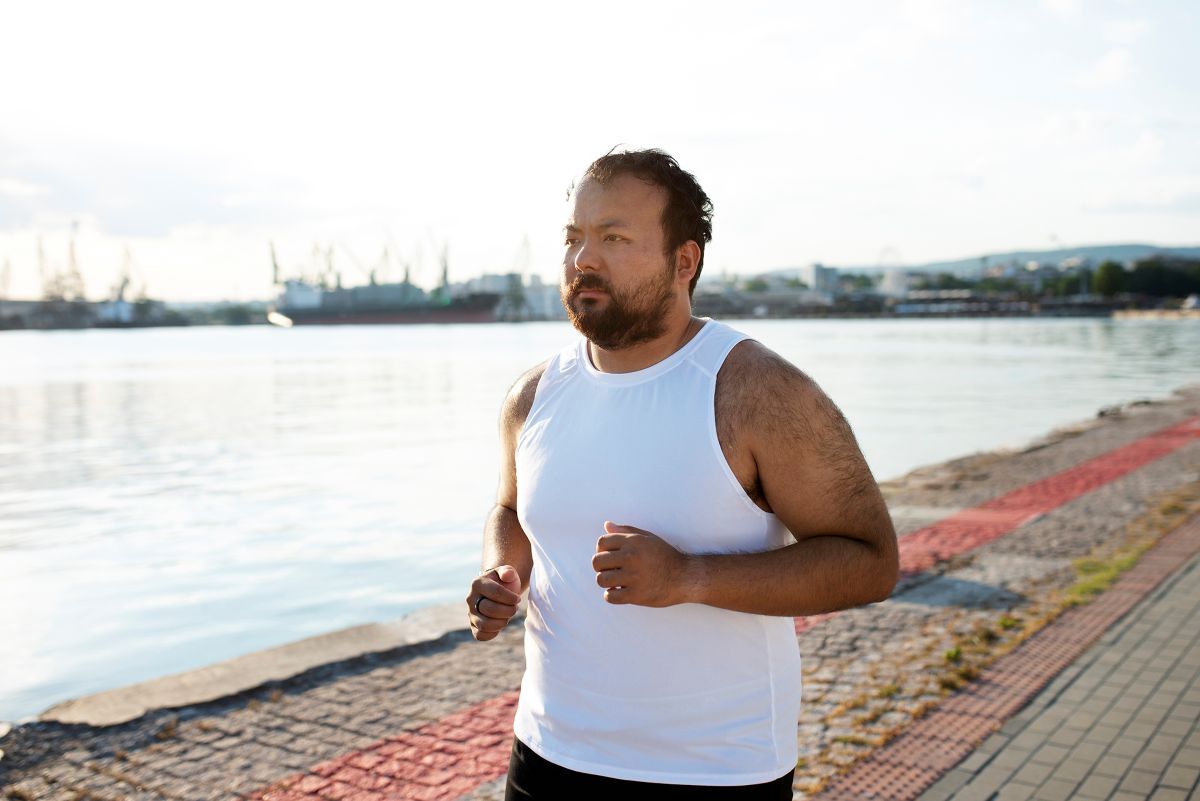3 habits that put you at risk

By Dr. Cory A. Messerschmidt
Beaufort Memorial Orthopaedic Specialists
If a little bit of exercise is good, then a lot of exercise is better, right? Possibly. Just be careful, because you can overdo it. Push too hard for too long, and you may wind up with overtraining syndrome (OTS), a condition that works against your good health.
What makes you more likely to experience signs and symptoms of overtraining? Here are three habits that put you at risk and what you can do to keep yourself from this condition.
Habit 1: Skipping rest days
When you exercise, you put your body under stress. Thanks to that stress, your body grows stronger, and you improve your cardiovascular health. However, your body can only handle so much stress.
Exercise hard every day, and your body never gets a chance to fully recover. As a result, your body may buckle under the strain and force you to slow down.
Your energy levels may drop, and you may hit a plateau or even decline in your performance. Try to push through it, and you may only make matters worse.
To prevent overtraining syndrome, build rest days into your exercise schedule. Then force yourself to take it easy on these days. How much rest do you need?
National Institutes of Health recommend the following:
- Resting at least one day a week
- Spacing out your workouts by at least six hours
It may be difficult to stay away from the gym or the track for that long, but the rest helps protect you from overtraining.
Habit 2: Not feeding your body properly
You’re more likely to experience overtraining syndrome if you exercise a lot and don’t give your body what it needs to stay strong. Remember, food fuels your body, and overtraining syndrome feeds off poor nutrition.
If you’re not eating enough of the right foods, you may be inching toward overtraining.
Habit 3: Ignoring overtraining syndrome warning signs
Overtraining doesn’t always occur overnight, and it can take months or even years to overcome symptoms. Before OTS, you may experience overreaching. This occurs when you don’t give your muscles enough time to recover and wind up with abnormal muscle soreness. Your legs may feel heavy, and you may want to give up on your workout routine.
Ignore this soreness, and your athletic performance could drop. Keep pushing your body, and you may progress into overtraining syndrome.
When this occurs, you may experience a range of complications, such as:
- Anxiety
- Decreases in performance
- Depression
- Lack of motivation
- Low resting heart rate
- Missed periods and other menstrual cycle abnormalities
- Mood swings
- Sleeping difficulty
- Tiredness
- Weakened immune system (more colds, etc.)
While overreaching and overtraining both affect your ability to work out, overreaching usually only takes a couple of weeks to move past. Overtraining, on the other hand, can cause long-term problems. It may take months or even years to overcome.
Anytime you notice symptoms of overtraining syndrome, stop going to the gym for a while and reduce the amount of exercise you get every day for at least a week.
After a couple of weeks, evaluate your progress. If you feel like yourself again, ease back into your exercise routine. Start with lighter training loads and less intense workouts. As you regain strength and energy, gradually increase your training.
You should seek medical attention if your overtraining symptoms last more than two weeks or if you have other troublesome symptoms. Contact your healthcare provider if you:
- Experience guilt for skipping a day of exercise
- Feel you can’t stop exercising
- Get told by friends or family members that you exercise too much
- Skip social events, work or school to fit in more exercise
Based on your symptoms, your healthcare provider may recommend mental healthcare or other specialty providers. Working with these experts can help you overcome your current overtraining problems and reduce the risk of more trouble in the future.
Fellowship-trained in sports medicine, Cory A. Messerschmidt, M.D., FAAOS, is a board-certified orthopedic surgeon with Beaufort Memorial Orthopaedic Specialists who sees patients at the practice in Port Royal and Okatie.








